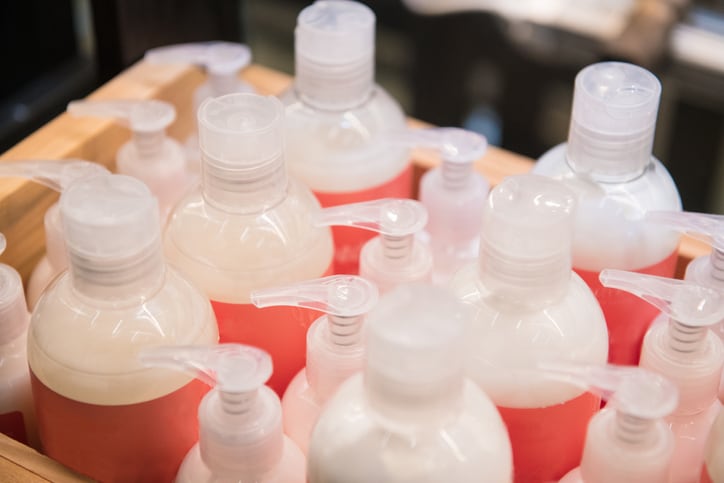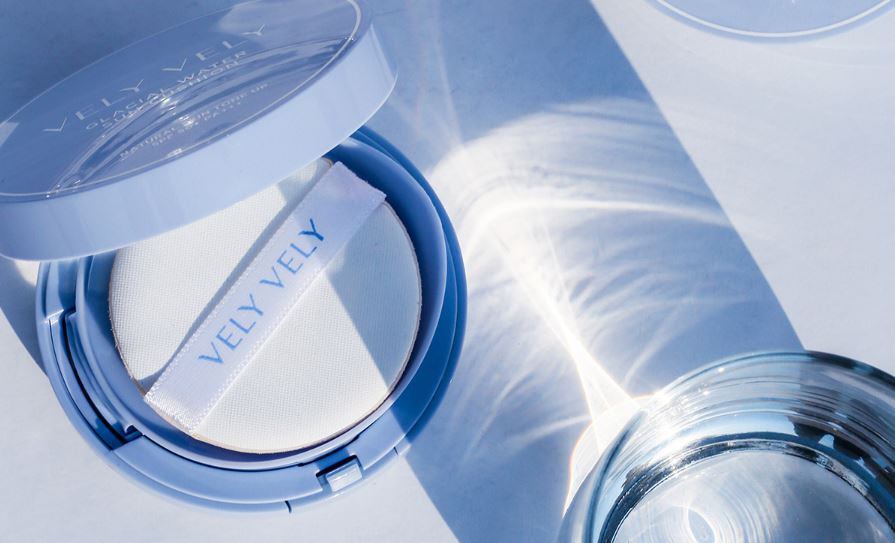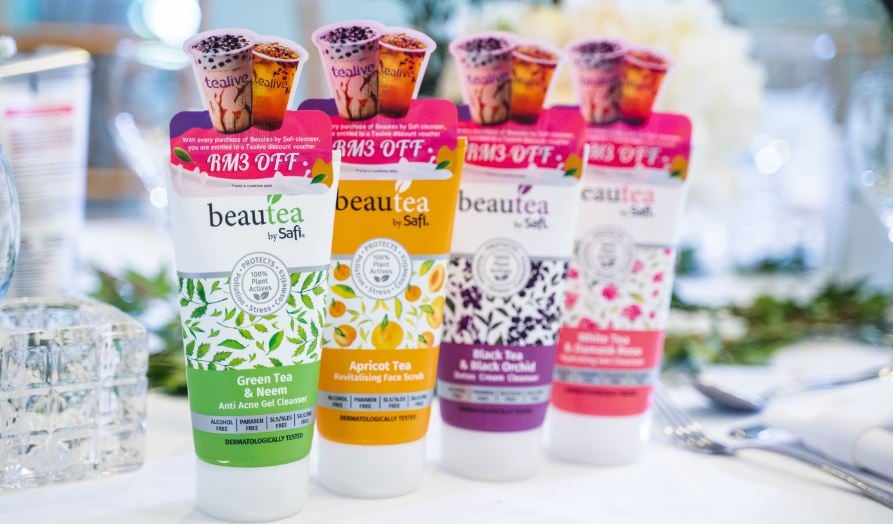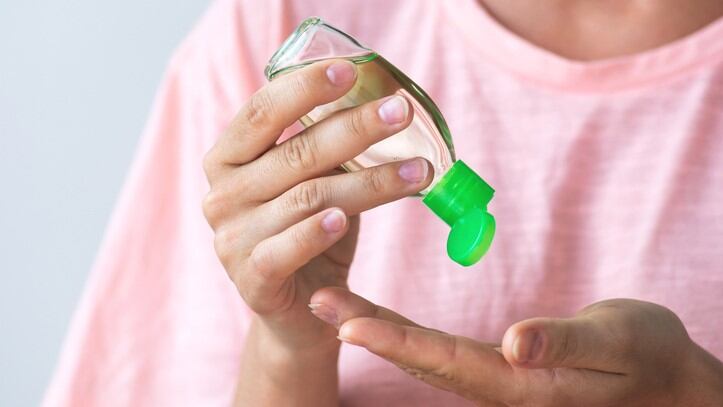This is according to a study conducted by researchers in Malaysia and Iraq assessing cosmetic-related knowledge among users in Malaysia.
Insufficient knowledge of cosmetic safety was found, and among users who experienced an adverse reaction, more than half chose not to seek medical help.
The findings could serve as a baseline for a formal cosmetovigilance system to be put in place, as cosmetic usage continues to increase, said the researchers.
According to GlobalData, Malaysia’s cosmetics and toiletries industry is poised to grow at a CAGR of 4.2% from RM6.4bn (US$1.6bn) in 2018 to RM7.9bn (US$2.1bn) by 2023.
In this study, consumer insights were collected using a short questionnaire (five minutes), administered online to 552 users in Malaysia.
Consisting of 47 questions, they were asked on their knowledge of cosmetic safety, perception, attitude, and practices in relation to cosmetics as well as their demographic details.
The findings were published in the Cosmetics journal.
Poor knowledge
When quizzed on cosmetic safety, respondents were found to have poor knowledge especially concerning the ingredients used in cosmetic products and the adverse effects of several common cosmetic products.
For instance, 46% were not aware of the presence of lead in lipstick, and 44% were not aware paraben was the most widely used preservative in cosmetics and can penetrate the skin (53%).
In addition, 46% were also not aware that soap and bath foam were the main cause of allergic dermatitis, and most surprising of all, 70% were unaware that black henna can cause allergic reactions on the skin.
Although they agreed that not all natural or organic cosmetics were risk free (81%) and may be toxic (63.2%).
Surprisingly, about 77.2% did not know that the FDA (US Food and Drug Administration) has no authority to require companies to test the safety of a product first, even though the majority of them (92.9%) identified cosmetic regulations as being important.
In a separate research topic on adverse reactions also published in the same journal, researchers also found that about 29% of respondents experienced some form of adverse events when using cosmetics. Eczema (43%) was the most common side effect, followed by burning and itching. Some respondents also noted symptoms of headache and nausea.
58.9% of these respondents chose not to consult any health professionals. Researchers explained: “The low number of people seeking consultation highlighted that they are underestimating the occurrence of these adverse reactions.”
Cause for concern
Cosmetic products such as lipsticks, deodorants, eye cosmetics, soaps, bath foams, and black henna (hair dye) are the most frequent causes of contact allergies and other undesirable effects, the paper noted.
Researchers said: “Certain users of cosmetics prefer to just randomly buy cosmetic products without knowing the usefulness and negative side effects of the items.”
Another concern was that mild to moderate adverse effects were often taken lightly by users of
The findings are expected to inform the authorities and nongovernmental organisations of the need to increase the awareness and knowledge of cosmetic consumers regarding cosmetic safety.
One limitation of the study was the small sample size and mostly student respondents. Researchers said future investigation using probability sampling methods and a larger sample group would provide a better representation of the population.
Source: Cosmetics
https://doi.org/10.3390/cosmetics7020045
“Insight of Malaysian Users of Cosmetic Regarding Cosmetovigilance”
Authors: Hazrina Hadi, Ammar Ihsan Awadh et al.
https://doi.org/10.3390/cosmetics7020041
“Cosmetic Use-Related Adverse Events: Findings from Lay Public in Malaysia”
Authors: Hazrina Hadi, Nur’ain Ai et al.




